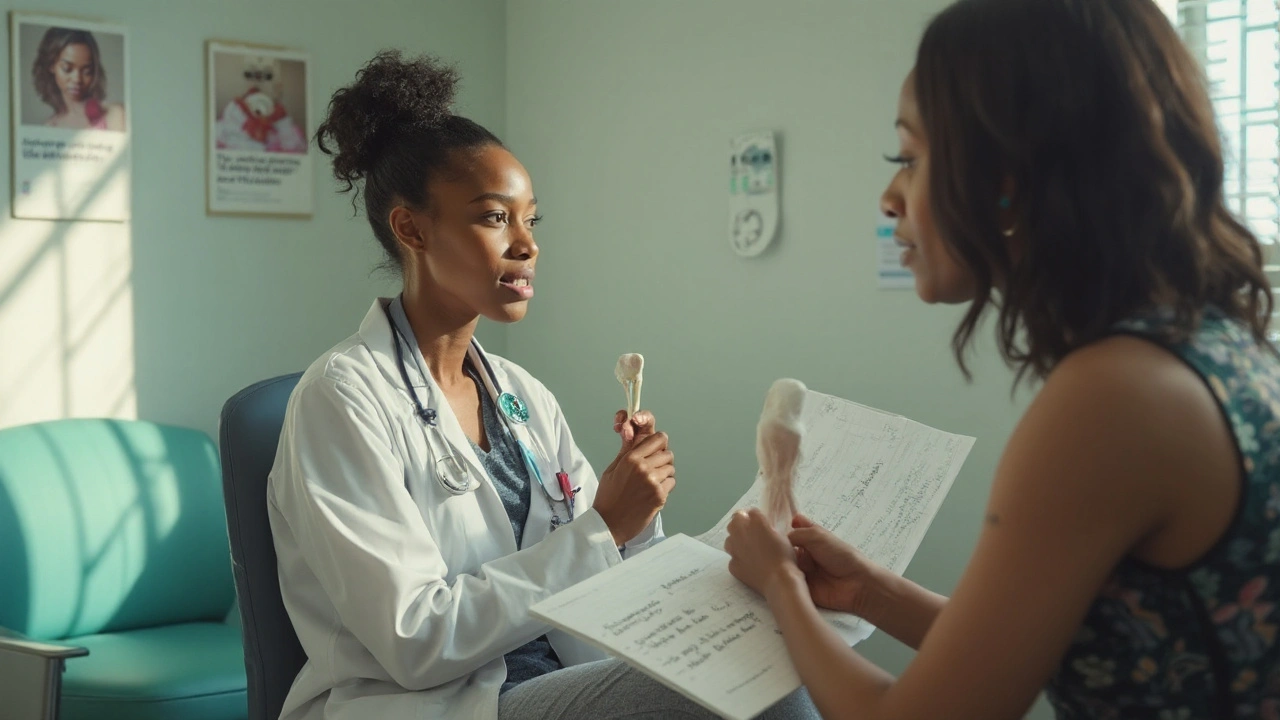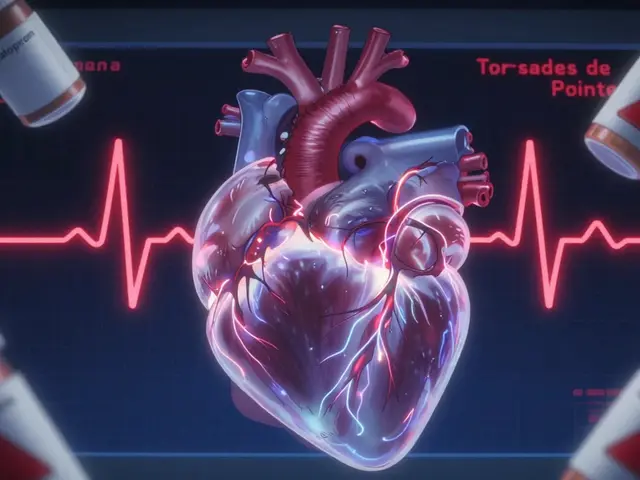Pelvic Inflammatory Disease (PID): What You Need to Know
PID is an infection that spreads to a woman's reproductive organs. It usually starts after an untreated sexually transmitted infection (STI) like chlamydia or gonorrhea, but other bacteria can cause it too. If you ignore the early signs, the infection can damage the fallopian tubes and lead to chronic pain or fertility problems. The good news? Spotting the symptoms early and getting proper treatment can keep the damage to a minimum.
Common Symptoms and When to See a Doctor
Most women notice pelvic pain that’s dull, sharp, or cramping, often worse during sex or when they get their period. Look out for a fever, unusual vaginal discharge, painful urination, or abnormal bleeding between periods. Some people only have a mild fever and feel “off,” which can make them think it’s just a bug. If any of these signs last more than a few days or get worse, call your GP or go to a sexual health clinic right away. Early testing usually involves a pelvic exam, urine tests, and sometimes an ultrasound.
Treatment Options and Prevention Tips
The first line of treatment is a short course of antibiotics—often a combination of two drugs to cover a wide range of bacteria. Most doctors will ask you to finish the full prescription, even if you start feeling better after a couple of days. In severe cases, you might need an IV dose at the hospital or a longer treatment plan. After finishing antibiotics, a follow‑up test ensures the infection is gone. If you’ve had multiple infections, your doctor may recommend a longer or stronger regimen.
Preventing PID is mostly about protecting yourself from STIs. Use condoms correctly every time you have sex, and get tested for chlamydia and gonorrhea at least once a year if you’re sexually active. If you’ve had an STI in the past, let your partners know so they can get tested too. Regular pelvic exams help catch any early signs before they turn into a full‑blown infection.
Besides safe sex, a healthy lifestyle can boost your body’s ability to fight infections. Eating a balanced diet, staying hydrated, and getting enough sleep keep your immune system sharp. If you’re on birth control pills, remember they don’t protect against STIs, so you still need condoms.
When you’re diagnosed with PID, it’s normal to feel worried about future fertility. Most women recover fully if they get timely treatment, but chronic PID can scar the fallopian tubes. Your doctor may suggest a fertility check later if you plan to have children. In the meantime, focus on finishing your meds, attending follow‑up appointments, and talking openly with any sexual partners.
Bottom line: PID is serious but manageable. Pay attention to pelvic pain, unusual discharge, or fever, and act fast. With the right antibiotics and good preventive habits, you can protect your reproductive health and avoid long‑term complications.
Chlamydia and Ovarian Cancer Risk: Evidence, Symptoms, and What To Do Now
Does chlamydia raise ovarian cancer risk? Clear UK guidance on the evidence, personal risk, testing, symptoms, and what to ask your GP.






